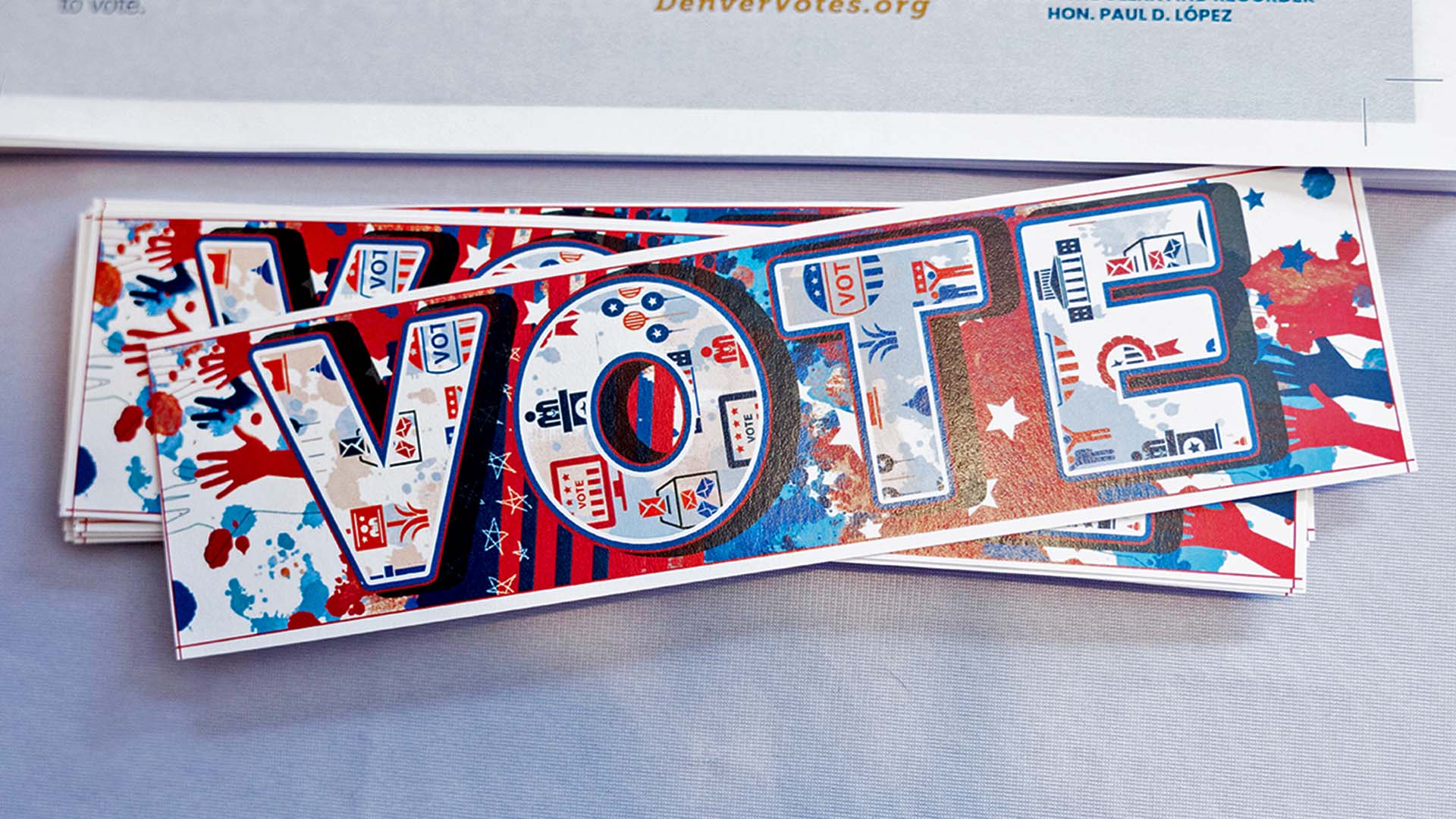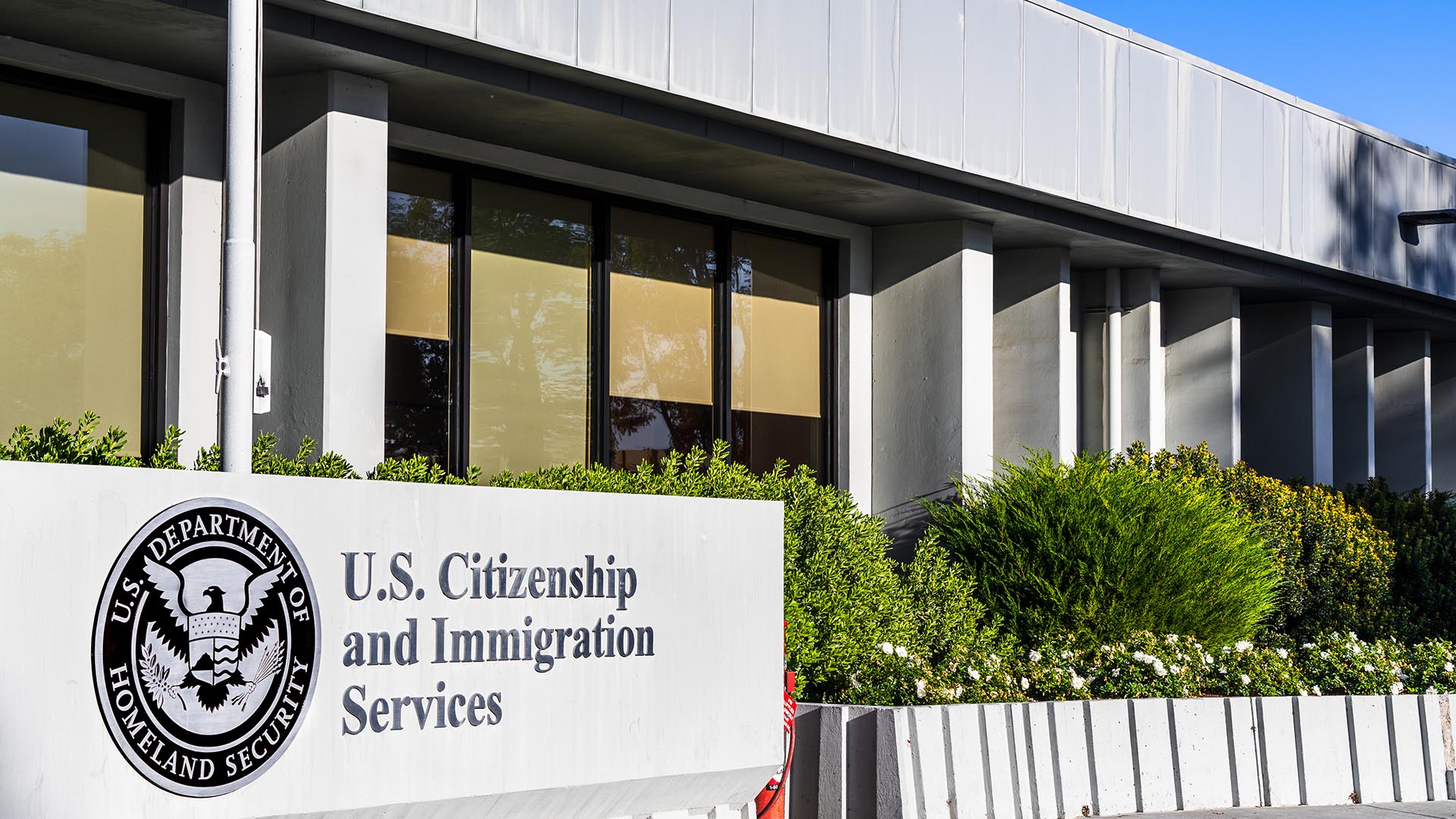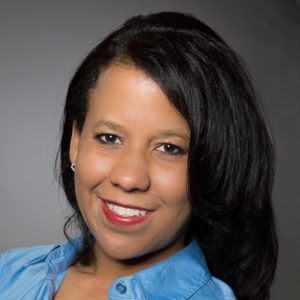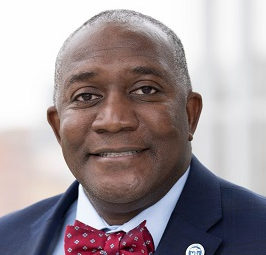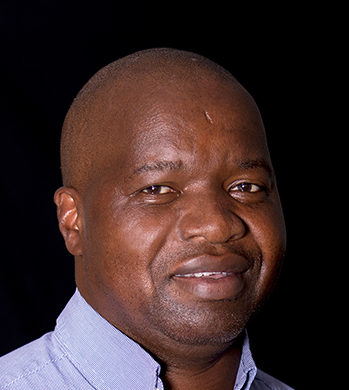Black scholars launch dialogue series on race
WATCH: MSU Denver panel dives into issues of racial justice, history’s codification of racism and the emergence of “white cultural activism.”
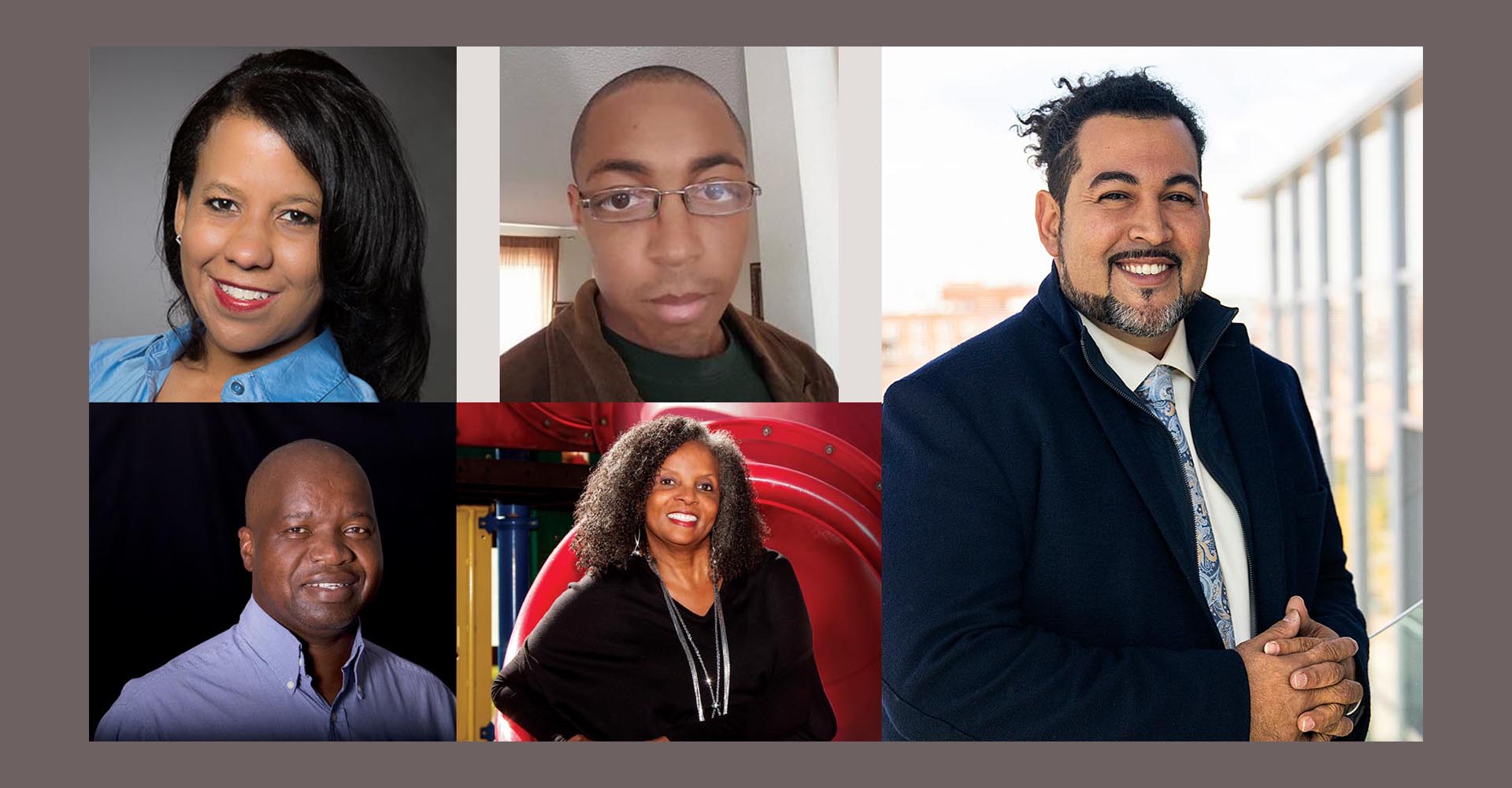
More than 520 people tuned in to “How Do We Talk About What’s Going On?” a livestream panel hosted Friday by Metropolitan State University of Denver that featured prominent Black scholars discussing current affairs in the wake of police killings of George Floyd, Breonna Taylor, Ahmaud Arbery and many others.
Moderated by Katia Campbell, Ph.D., associate professor of communication studies and Faculty Senate president, the event was the first in the University’s Dialogues Program summer series on race. The panel comprised Campbell; Michael Benitez, Ph.D., vice president for Diversity and Inclusion; Sean Rhodes, alumnus, racial-justice educator and activist; Rosemarie Allen, Ed.D., associate professor, Early Childhood Education and Douglas Mpondi, Ph.D., professor and chair, Africana Studies.
The series is just one step in the University’s efforts to engage in the antiracism work necessary to create systemic change. The Board of Trustees on Tuesday announced a resolution outlining its commitment to racial justice and equity.
“We will lead conversations centered around racial justice in the context of higher education throughout Colorado,” the resolution reads in part. “The Board of Trustees and senior leadership of the University will engage in ongoing training on racial bias and institutionalized racism and will find ways to share our growth with others.”
America is polarized, Campbell said during the panel discussion, and it’s only gotten worse in recent years.
“Our media culture has enabled echo chambers; we pick and choose to take what we want to hear,” she said. “Dialogue has a role to play in helping us get back to a sense of shared reality.”
Benitez reinforced the importance of the dialogic process, which involves active listening, follow-up inquiry, sharing of personal lived experiences and eventual action.
“Dialogue is so important,” he said. “We need to think about it in a shared space for undertaking a mutual endeavor, thoughtful of how to do this in a way that creates buy-in and action … without neglecting who bears the brunt of violence.”
“I first had a gun pointed at me by a police officer when I was 14,” Benitez further detailed. “When you have that from an early age, you begin to develop coping mechanisms to deal with trauma that happens at a deep level and eats at your spirit.”
Mpondi shared how he heard about the shooting death of Ahmaud Arbery when returning from a March conference in Atlanta.
“I thought, ‘This could be my son’ – you feel so vulnerable,” he said.
Campbell, too, described her experience of fearing for her family.
“My heart stops beating when my husband and children step out of the door and doesn’t start again until they’re home again in ‘safety’ – and I’m saying that in a qualified sense, since we’ve seen that even being in your home doesn’t make you immune from racial violence,” she said.
‘You can’t run away from it’
As the panel discussed who benefits from and is calling for civility, they also examined the role of anger and outrage in fighting for racial justice.
“Anger and rage can take many forms – I can be calm and stoic, but that doesn’t mean I don’t have those emotions,” Rhodes said. “Without (anger and rage), we end up justifying what happens to us … or becoming complicit. The idea is where it’s channeled and put into.”
The right to experience and process emotions may manifest in many ways, Allen said.
“I become most offended when I’m told how to feel; we have a right to feel,” she said. “Racism kills. … We need outlets, but no one should tell us to engage in ‘civil disobedience’ or what that should look like.
“When an officer has his knee on your neck, you don’t get to tell me what’s ‘civil.’”
Another question the panel fielded was why the movement for racial justice has coalesced around this particular moment.
“I believe we have this critical juncture and that COVID-19 has played a role,” Allen said. “Previously, it’s been easier for people to dismiss what they’ve seen because of this or rationalize because of that, but we weren’t able to turn away from this video; we watched Mr. Floyd take his last breath. On top of that, the isolation (from the pandemic response) has allowed more introspection.”
Benitez saw the circumstances and media environment as creating a more nuanced response.
“We now have been provided a platform to see how deeply entrenched racism is both (locally) and on a global scale,” he said, also noting the need to delineate between opportunists specifically seeking to incite violence and the overwhelmingly peaceful protests and marches.
“Also, when you look at the data showing who’s most affected by rises in unemployment and (COVID-19-related) deaths, it creates a different sense of urgency – you can’t run away from it, and there’s no way out,” he added.
Mpondi also pointed out that we’re being confronted with fundamentally changeable issues.
“Nobody is born a racist – rather, we’re born into a racist society, and it’s learned,” he said. “It’s our responsibility to teach our children to be tolerant of racial and cultural differences in our societies.”
Racism, codified
A contributing factor to how that learned behavior metastasizes has to do with how history is codified and taught in educational systems, Campbell said. Rhodes emphasized how specific verbiage carries weight in replicating those structures.
“We talk about how slaves were ‘freed’ and that slavery ‘ended,’ not the fact that it was an institution that was created,” he said, noting how historical narratives frequently gloss over the planning and organization that served as infrastructure for change.
“Civil rights ‘happened’ … (but) we don’t talk about the work that had to be done first. It’s a question of who gets omitted and why.”
Panelists also discussed how the Rev. Martin Luther King Jr. is portrayed as often one-dimensional and placatory.
“What bothers me about the way Dr. King has been put on a peaceful-protest pedestal is that, in reality, it was a violent movement at the time – but you also have to ask yourself, ‘Who was perpetrating that violence?’” Allen said. “He was considered a radical and hated. … Sanitizing that legacy is a move to silence.
“It says something when we’re concerned more about the ‘what’ than the ‘why.’”
Mpondi, who drew the marked contrast between the civil-rights leader’s legacy in the U.S. and in Mpondi’s home country of Zimbabwe, also noted that King’s messages resonated within the rise of Pan-Africanism taking place throughout the global African diaspora at the time.
“When Dr. King is referenced in Africa, it’s always about mobilization and protest – not necessarily nonviolence,” he said. “After listening to his speeches, you don’t think twice; you go to the streets.”
The emergence of ‘white cultural activism’
Panelists also reflected on the widely acknowledged multicultural and multigenerational makeup of the protests.
“It’s important to remember you are not alone and that there are other people in this fight who can come in when you need,” Rhodes said. “There are so many standing up, saying, ‘This is wrong,’ and standing with us; that’s what helps me cope.”
Campbell sees a move toward the term “white accomplices” within diversity studies and is pushing for emergence of a “white cultural activist,” going beyond often-short-term amplification of support in favor of a “courageous, sustained effort.”
“That involves taking it upon yourself to talk to your families and get out into the communities to do the hard work, alleviating the pressure of folks already there doing it,” she said.
The idea of white cultural activism goes a long way for Benitez, who noted displays of white people placing themselves in a line between Black protesters and advancing police.
“When one talked about whiteness, we have to be mindful about how we talk about white supremacy as an epistemic condition,” he said. “We see who gets to say, ‘You should talk nice,’ ‘You’re too angry’ or ‘You should do it this way.’”
For those looking to take the next step in white cultural activism, he also had some advice.
“First off: Listen, listen, listen. Pay attention to what the Black community is saying and act on that,” Benitez said. “Frame your service in terms of the greater human good, and don’t expect love or commendation because you’re stepping into the work now; we’re talking about opposing 525 years of the Atlantic slave trade.
“Take lead from those who are already in the struggle, but also step into it without arrogance or saying, ‘This is how it should be.’ And become comfortable with the discomfort of who bears the brunt of this violence.”
Allen noted it’s important to examine where individual biases exist and to understand the “why” behind motivations; Campbell added to this, noting there are many entry points for people to start doing the work from where they are as part of a concerted, collective effort.
“That doesn’t mean we won’t make mistakes or have all the answers,” she said. “But this is the beginning – it didn’t appear overnight and won’t be solved in two weeks.
“May we all continue to walk in power as we work to dismantle structural racism and violence.”

